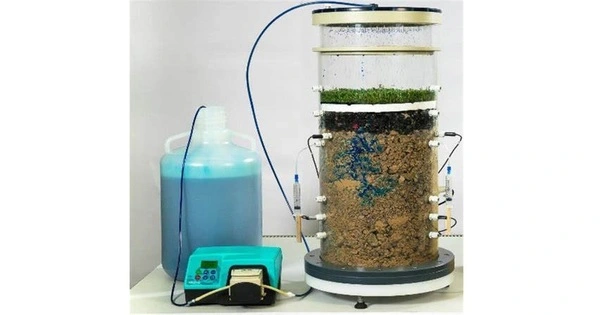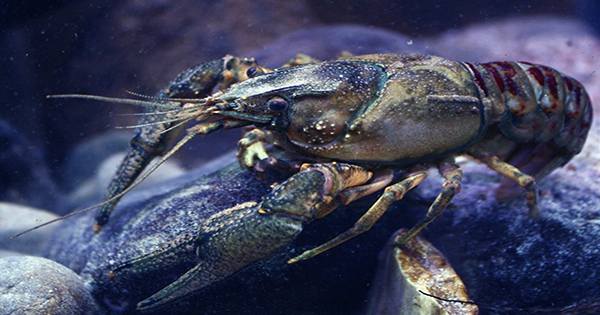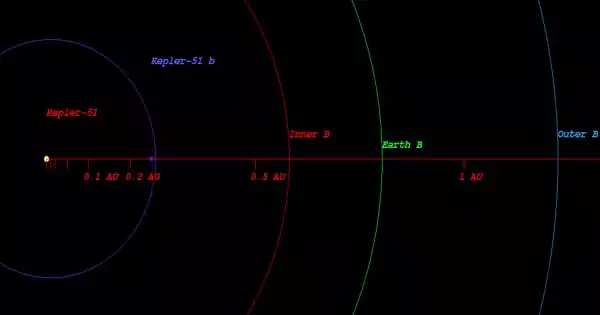A lysimeter is a device that measures the quantity of evapotranspiration released by plants (often crops or trees). It is a scientific tool that measures the amount of water passing through and out of a given area of soil. It is intended to capture and quantify water that percolates through the soil profile, allowing researchers to investigate various elements of water movement such as infiltration, evaporation, and drainage.
The amount of water lost via evapotranspiration can be determined by keeping track of how much precipitation a region receives and how much is lost through the soil. Lysimeters come in two types: weighing and non-weighing.
A lysimeter’s basic structure is a soil column, which is typically a cylindrical container filled with a representative soil sample and isolated from the surrounding environment. The lysimeter includes sensors and instrumentation for measuring soil moisture content, temperature, and water flux. Scientists can acquire insights into the water balance of a certain soil profile by collecting data over time and understanding how various elements, such as soil type, vegetation, and climate, influence water movement.
Lysimeters are employed in a variety of disciplines, including agronomy, hydrology, environmental science, and soil science. Researchers utilize lysimeter data to evaluate water management strategies, investigate the influence of land-use changes on water resources, and get a better understanding of the complex interactions between soil and water.
General Usage
A lysimeter is most accurate when vegetation is grown in a large soil tank which allows the rainfall input and water lost through the soil to be easily calculated. The amount of water lost by evapotranspiration can be worked out by calculating the difference between the weight before and after the precipitation input.
Lysimeters for trees can be expensive and provide a poor depiction of conditions outside of a laboratory or orchard, as they cannot be used to compute the water balance for a whole forest. However, because lysimeters are placed and utilized outside of the laboratory, they can accurately depict field conditions for farm crops. A weighing lysimeter, for example, determines how much water crops consume by regularly weighing a large block of soil in a field to identify moisture losses (as well as precipitation gains). One application is the production of novel xerophytic apple tree cultivars to adapt to shifting climate patterns characterized by lower rainfall in traditional apple growing locations.
As part of its Landscape Evolution Observatory project, the University of Arizona’s Biosphere 2 constructed the world’s largest weighing lysimeters utilizing a combination of thirty Honeywell, Inc. column load cells with capacities ranging from 220,000 to 333,000 pounds.
















